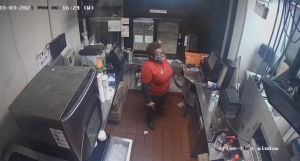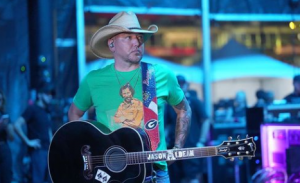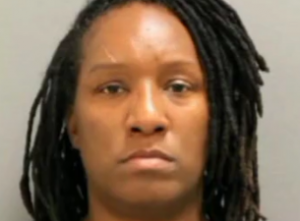Dine-in is their mainstay and home-deliveries are like “ventilators” good enough just to keep them breathing, claim city restaurateurs who fear that the Delhi government’s Thursday order of closing dine-in operations due to the the unprecedented surge in COVID-19 cases will cripple the food industry already sitting on huge losses.
Delhi Chief Minister Arvind Kejriwal announced a weekend curfew in a bid to break the chain of COVID infections in the city. Restaurants, with no dine-in allowed, will remain shut and only home deliveries will be permitted.
Also Read| Delhi HC allows 50 people to offer namaz at Nizamuddin Markaz during Ramzan
“Closing dine-in operations would obviously trigger already climbing losses for restaurants since lockdown started last year as most of us small scale outlets don’t have deep cash reserves to sustain. Delivery obviously would be like a ventilator to keep breathing. However, aggregators like Zomato & Swiggy cannibalise us with brutal commissions of 25 per cent and other hidden charges,” a worried Sumit Goyal, owner of Gastronomica, told PTI.
Also Read | Delhi weekend curfew: What will remain open, what will not
Earlier, the AAP government had imposed night curfew in the city from 10 pm to 5 am till April 30 in a bid to check the spread of the coronavirus.
Delhi recorded 17,282 fresh cases of COVID-19 on Wednesday, the highest single-day surge in the national capital since the onset of the pandemic, according to data shared by the health department.
While Tamasha owner Jaideep Singh Anand called the order “discriminating” against an already “very vulnerable” industry which has had no support from the government whatsoever, for chef Irfan Pabaney, country head of SodaBottleOpenerWala, the problem “here is of perspective, or actually lack of it”. “… We let markets overflow with people, but restaurants which have a fairly safe environment are the ones targeted first. It is sad and it is unfortunate. That being said, we at SodaBottleOpenerWala have made sure that we are geared up for the delivery business because something is better than nothing,” said Pabaney. The restaurants, according to industry experts, had just begun to see “35-40 per cent” of occupancy after the long lull in the coronavirus-induced lockdown last year. Restaurants in Delhi were shuttered from March to June due to the lockdown, and even when they did open up, they had to operate at 50 per cent capacity according to government guidelines.
Also read: How new coronavirus mutants are fooling RT-PCR tests
“With the cases rising, people are definitely scared and so are we. We try our best to keep our customers safe but the curfew will reduce the sales too much. We’ve to bear a lot of expenses on a daily basis and curfews have made things difficult,” said Mohit Ahuja, owner of Shakespeare Cafe, Punjabi Bagh.
For Berco’s, the chain of Pan-Asian restaurants, the “probable lockdown situation” at a time when the food business had eventually started to recover is “disheartening” to say the least.
However, they remain hopeful about the administration’s handling of the situation and better days ahead.
“We are hopeful and positive about our city’s approach towards the situation as no one is looking forward to going back in time. We do care about our customers so we will be delivering the food at their doorsteps taking care of hygiene and safety. We will be changing the timings too as announced by the government,” said Kabir Advani, Managing Director, Berco’s chain of restaurants.
The new set of restrictions has drawn the ire of the Retailers Association of India (RAI) as well, who argued that shutting down a mall, which they claimed is a “safer place”, is much easier than shutting down a busy market.
According to the Delhi government order, gyms, spas and malls across the city will remain closed while cinema halls will operate at 30 per cent capacity throughout the week. Only essential services will remain functional and people going for weddings will be issued curfew passes. Worried that things will go back to what they were in last year, the RAI fear what they had thought had only come true and the same thing seems to have repeated itself.
“Every state has to realize that malls are safe places. But if they are the first ones to get shut down, it’s purely a political decision. Shutting down a mall is much easier than shutting down a busy market. They are the unfortunate victims of needing to show action,” said Kumar Rajagopalan, CEO, RAI. The total number of COVID-19 cases in Delhi stood at 7,67,438 on Wednesday. With 104 more fatalities, the death toll climbed to 11,540, the government bulletin said.






